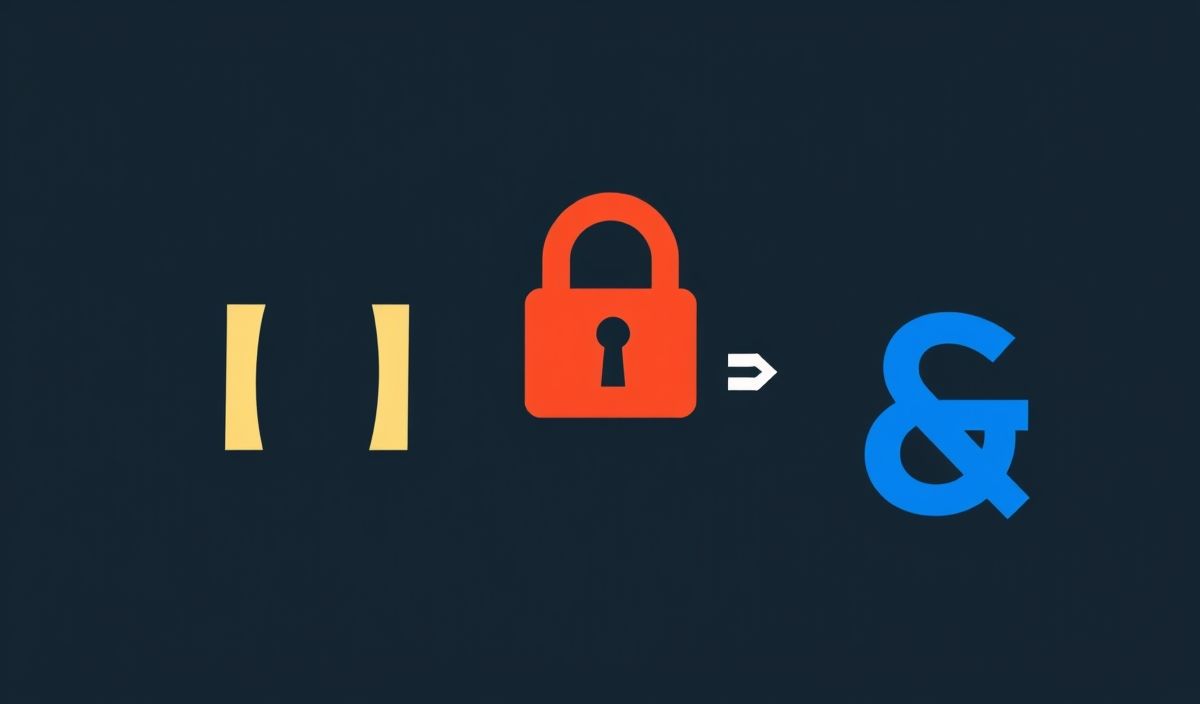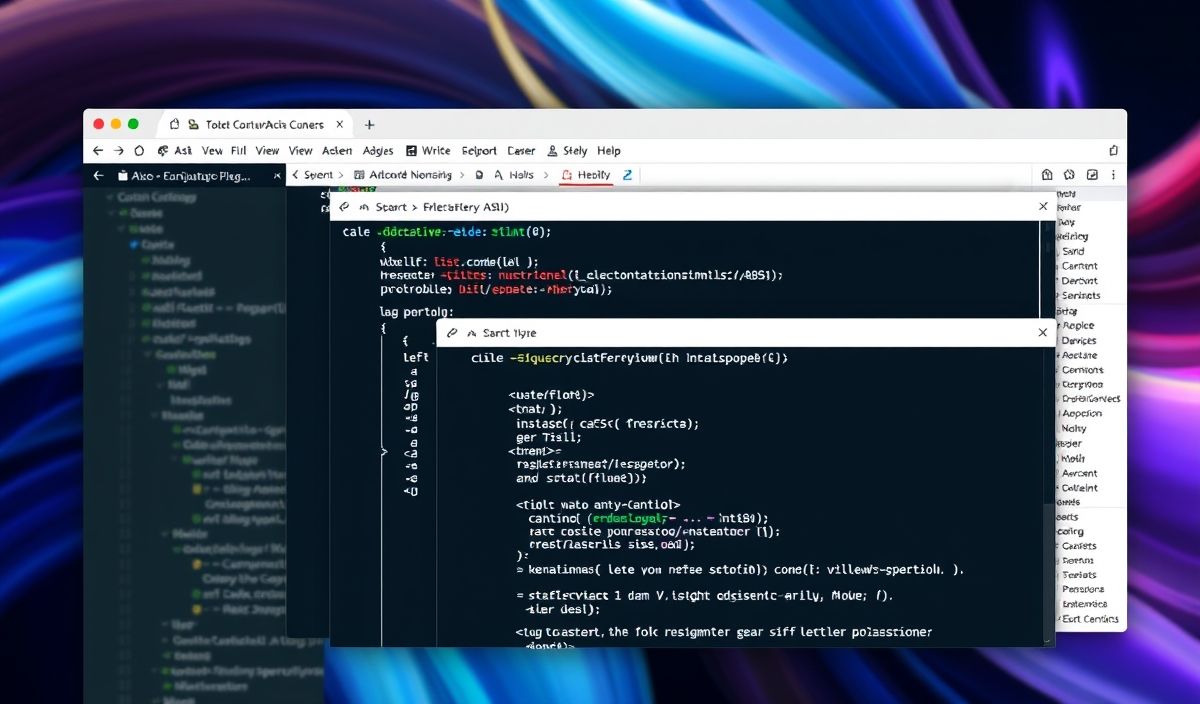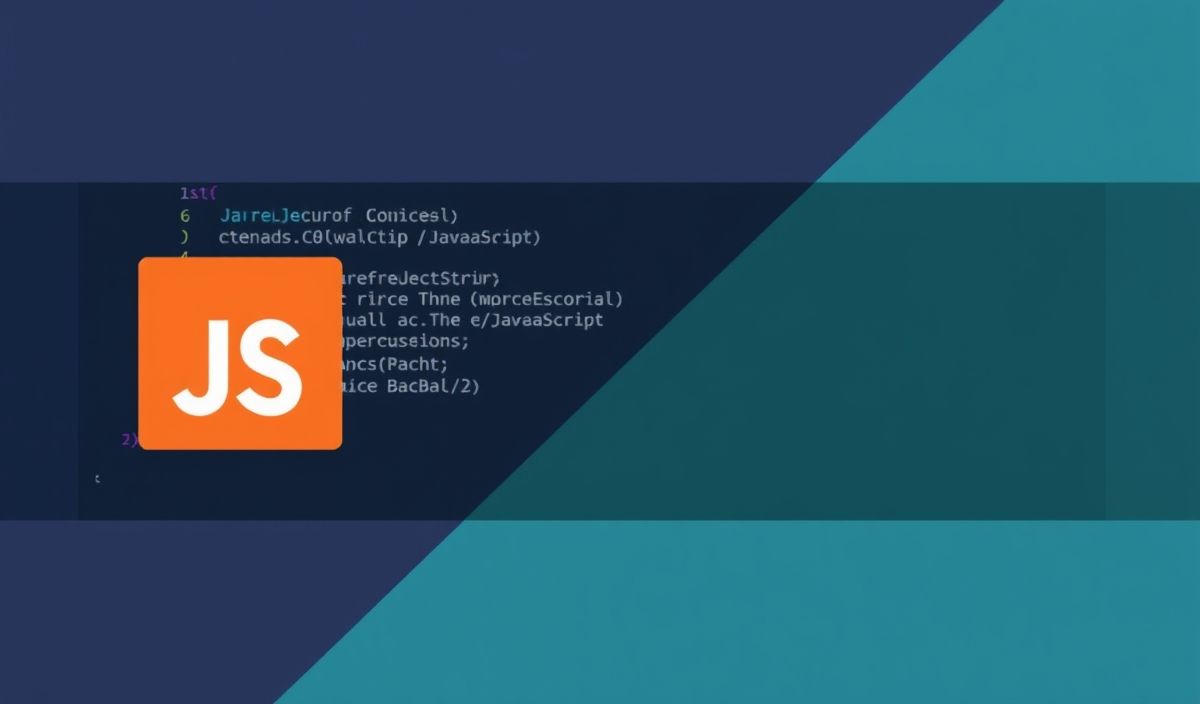Introduction to jwt-decode
The jwt-decode library is a popular choice for decoding JSON Web Tokens (JWT). This library is simple, lightweight, and effective, making it a preferred tool for many developers who need to handle JWTs in their applications. In this article, we will delve into the various APIs provided by jwt-decode along with practical code snippets.
Installation
npm install jwt-decodeBasic Usage
Decoding a JWT with jwt-decode is straightforward:
import jwtDecode from 'jwt-decode';
const token = 'your.jwt.token.here'; const decoded = jwtDecode(token); console.log(decoded);Handling Various JWT Formats
The library can decode different JWT formats:
// Example for a standard JWT const standardJWT = 'your.standard.jwt.here'; const decodedStandard = jwtDecode(standardJWT); console.log(decodedStandard);
// Example for compact JWT const compactJWT = 'your.compact.jwt.here'; const decodedCompact = jwtDecode(compactJWT); console.log(decodedCompact);
// Example for encrypted JWT const encryptedJWT = 'your.encrypted.jwt.here'; const decodedEncrypted = jwtDecode(encryptedJWT); console.log(decodedEncrypted);Error Handling
Handle errors gracefully to ensure robust applications:
try {
const decoded = jwtDecode(token);
console.log(decoded);
} catch (error) {
console.error('Invalid token:', error);
}Retrieving Specific Claims
You can retrieve specific claims from the JWT:
const decoded = jwtDecode(token); const userId = decoded.sub; // Assume 'sub' contains the user ID console.log('User ID:', userId);Validation of Decoded Data
Validate decoded data to ensure it meets your application’s security requirements:
const decoded = jwtDecode(token); if (decoded.exp < Date.now() / 1000) {
console.error('Token has expired');
} else {
console.log('Token is valid');
}Building an App with jwt-decode
Let's integrate the jwt-decode library into a simple app:
Example App: JWT Authenticator
This example demonstrates a basic authentication flow using jwt-decode:
import express from 'express'; import jwtDecode from 'jwt-decode'; const app = express();
app.use(express.json());
app.post('/login', (req, res) => {
const token = req.body.token;
try {
const decoded = jwtDecode(token);
if (decoded.exp < Date.now() / 1000) {
return res.status(401).send('Token expired');
}
res.status(200).send('Login successful');
} catch (error) {
res.status(400).send('Invalid token');
}
});
app.listen(3000, () => {
console.log('Server running on port 3000');
});By following the steps and examples provided, you can effectively leverage the jwt-decode library to decode and validate JWTs in your applications, enhancing security and authentication mechanisms.
Hash: 2aa78f58e5c04634076af125655218fcd9c1a51e6fcb9eb05e4d8855cdbf35a3




